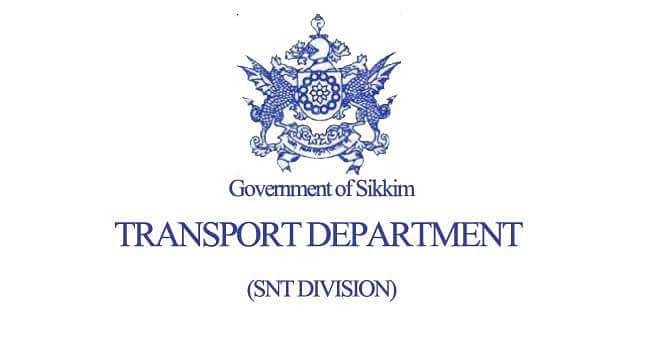
In an effort to streamline and enhance the fairness of the e-Challan issuance process, the Transport Department has introduced a new Standard Operating Procedure (SOP), effective from April 10, 2025.
Under the updated guidelines, e-Challans for document-related violations will not be generated immediately upon detection. Instead, the system will first cross-check the vehicle’s document validity with the National Informatics Centre (NIC) database multiple times. If any document is found to be expired or unavailable, a notice will be sent to the registered mobile number of the vehicle owner via SMS and WhatsApp.
Vehicle owners in possession of valid documents at the time of offence detection or notice issuance will have a 10-day window to update their records through the VAHAN portal (parivan dot gov dot in), RTO offices, common service centres, or cyber cafes. If the records are not updated within this timeframe, an e-Challan will then be issued.
The SOP also addresses concerns regarding wrongful challans issued through AI-based camera systems. If a challan is proven to be false—even after following the document update process—it will be cancelled, and the vehicle owner will receive double the amount of the original penalty as compensation from the Transport Department.
Additionally, vehicle owners can check their challan details at [www dot challan dot sntd dot in] (http://www dot challan dot sntd dot in). The responsibility of keeping vehicle documents and mobile numbers up to date lies solely with the vehicle owner. Mobile numbers can be updated online or by visiting any RTO office, common service centre, or cyber cafe.
The new SOP aims to minimize wrongful penalization, encourage timely documentation, and ensure better transparency in traffic enforcement.



